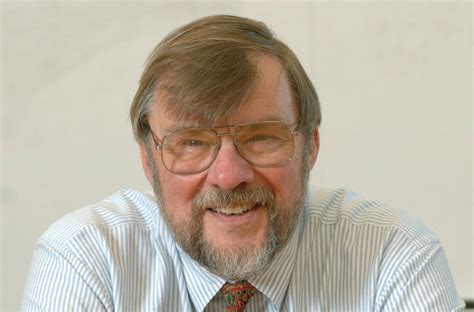A Quote by William Hunter
Two resources, largely untapped in American organizations, are potential information and employee creativity
Quote Topics
Related Quotes
Build creative cultures, and work with purpose to unleash the creativity of your team. Creativity is the most valuable natural resource in any organization, yet it is often a resource that is largely untapped. The leaders that prioritize and invest in creative cultures will be the wall street darlings of tomorrow. In fact, they're the darlings of today (Facebook, Groupon, LinkedIn, etc).
It is often said that education and training are the keys to the future. They are, but a key can be turned in two directions. Turn it one way and you lock resources away, even from those they belong to. Turn it the other way and you release resources and give people back to themselves. To realize our true creative potential-in our organizations, in our schools and in our communities-we need to think differently about ourselves and to act differently towards each other. We must learn to be creative.
Hackman's paradox: Groups have natural advantages: they have more resources than individuals; greater diversity of resources; more flexibility in deploying the resources; many opportunities for collective learning; and, the potential for synergy. Yet studies show that their actual performance often is subpar relative to "nominal" groups (i.e. individuals given the same task but their results are pooled.) The two most common reasons: groups are assigned work that is better done by individuals or are structured in ways that cap their full potential.
Since we launched the original 'Pop Idol' in England, I've remained close with Simon Fuller. Working as executive producer on 'American idol' for its first seven years not only was an inspirational journey into the heart of American pop culture, it opened my eyes to the untapped potential of the incredibly dynamic young people in this world.
In the United States, the average is two children per family, while in Africa it is five children per family. On the surface, the statistic seems to indicate that Africans are having way too many kids and are taxing the Earth's resources, while American kids are born into families who are able to take care of them. However, the average American child consumes roughly the same resources as fifteen African children. So when an American family says they only have two children, they are actually consuming the resources of an African family of thirty children!
There are some terrific resources on how to find individual purpose but relative resources on how to discover purpose and apply to an organization. My challenge was to show organizations how they could unlock the purpose of their organizations and put it to good use for employees to apply to their own jobs. The net effect is to help individuals, teams and organizations to optimize performance by understanding how to use purpose for good intention.
Well, there's a question as to what sort of information is important in the world, what sort of information can achieve reform. And there's a lot of information. So information that organizations are spending economic effort into concealing, that's a really good signal that when the information gets out, there's a hope of it doing some good...
Well, there's a question as to what sort of information is important in the world, what sort of information can achieve reform. And there's a lot of information. So information that organizations are spending economic effort into concealing, that's a really good signal that when the information gets out, there's a hope of it doing some good.
NC LIVE has the potential to give citizens across North Carolina immediate access to the rich array of information resources housed by the libraries on UNC's 16 campuses. It will allow unprecedented collaboration and sharing of resources among sister UNC institutions, the community colleges, and the state's public libraries.
In examining the CIA's past and present use of the U.S. media, the Committee finds two reasons for concern. The first is the potential, inherent in covert media operations, for manipulating or incidentally misleading the American public. The second is the damage to the credibility and independence of a free press which may be caused by covert relationships with the U.S. journalists and media organizations.




































